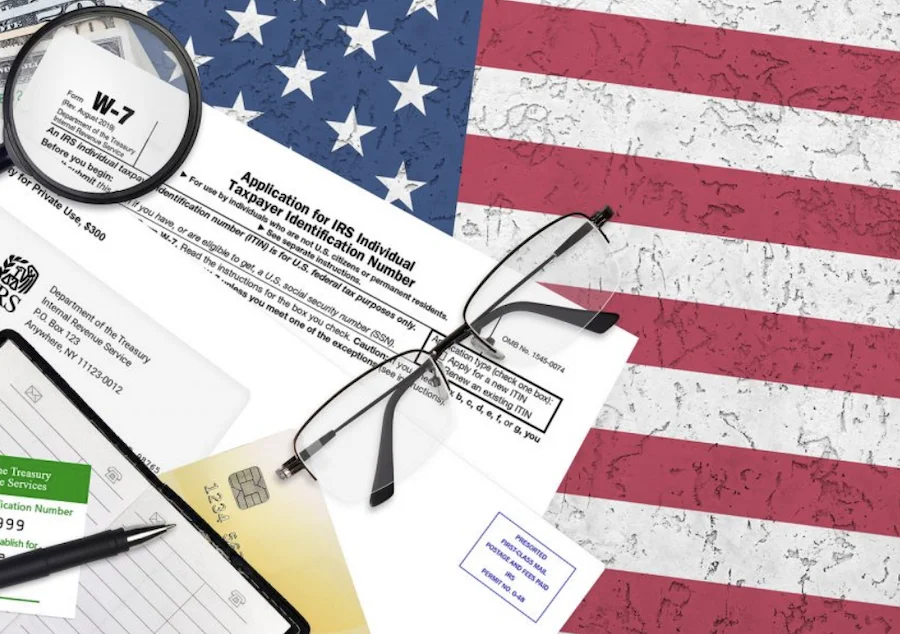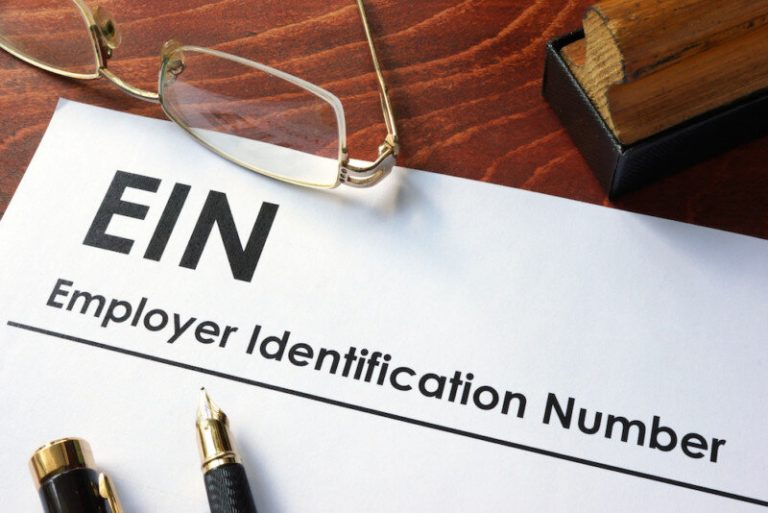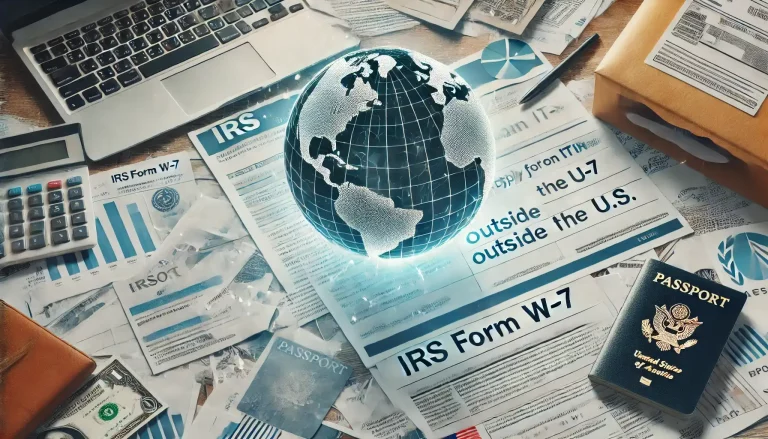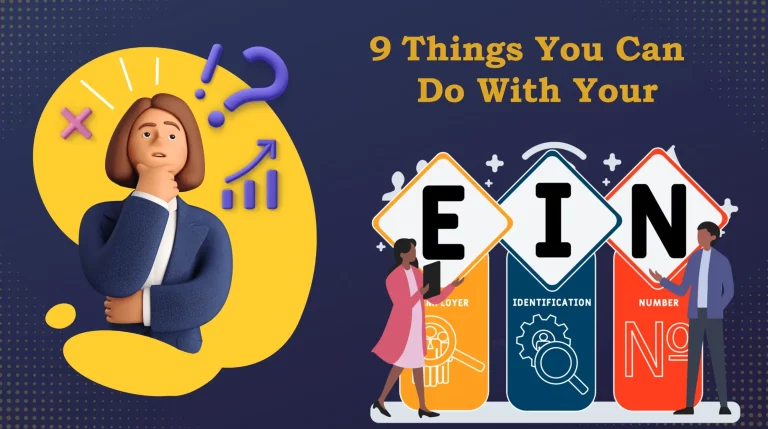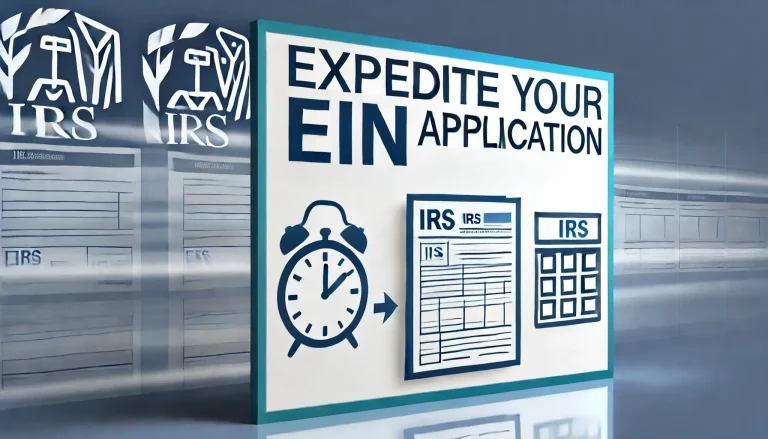Understanding TINs: A Comprehensive Guide to SSN, EIN, and ITIN
Tax Identification Numbers (TINs) play a crucial role in identifying individuals and businesses for government purposes in the United States. The Internal Revenue Service (IRS) mandates that individuals and businesses apply for these IDs for tax compliance. Banks, financial institutions, and other entities also require TINs for various reasons.
Different types of TINs, such as Social Security Numbers (SSNs), Employer Identification Numbers (EINs), and Individual Taxpayer Identification Numbers (ITINs), serve different purposes for individuals, professionals, entities, and businesses. This article delves into these federal IDs, their application processes, uses, and the differences between them.

What Is an SSN?
The Social Security Number (SSN) is the most commonly used taxpayer identification number in the U.S. It is a 9-digit number formatted as XXX-XX-XXXX and is assigned to citizens and permanent residents. The SSN is required for various purposes, including receiving wages, voting, applying for loans, opening bank accounts, and accessing social security benefits.
Regardless of immigration status, anyone with lawful alien status can obtain an SSN. It is important to protect your SSN, as it is linked to a significant amount of personal information. The SSN is typically presented in situations requiring personal identification, though the physical card is seldom needed.
Uses of SSN
The government tracks employment history and earnings through the SSN, which helps determine eligibility for benefits like Medicare and Social Security. Additionally, the SSN is required for various legal and financial activities, such as applying for a passport, driver’s license, or public assistance. Employers use SSNs to confirm work eligibility and report income, while banks use them to verify creditworthiness.
Employers must securely store SSNs, as many states have laws that protect employees’ privacy. For instance, Texas and California prohibit mailing forms that include SSNs, except for specific purposes. Moreover, the federal government restricts companies from using the Social Security Number Verification Service until employees have started working.
An SSN is issued for life, but in cases of abuse, harassment, or identity theft, you may apply for a new number. However, the old SSN remains active in government records, and entities like the SSA and companies may still reference it.
How to Get an SSN
Applying for an SSN is free and straightforward. If you lose your Social Security card, the Social Security Administration (SSA) will issue a replacement for free. To apply, visit the SSA’s official website and fill out Form SS-5. You can also obtain the form by calling 1-800-772-1213 or visiting your local social security office.
You will need to submit the following documents:
- Proof of age (e.g., birth certificate or passport)
- Proof of identity with a photo (e.g., passport, driver’s license)
- Proof of U.S. citizenship or immigration status
Once your application is processed, you should receive your SSN by mail within 2-4 weeks. Applicants over the age of 12 applying for the first time must appear in person.
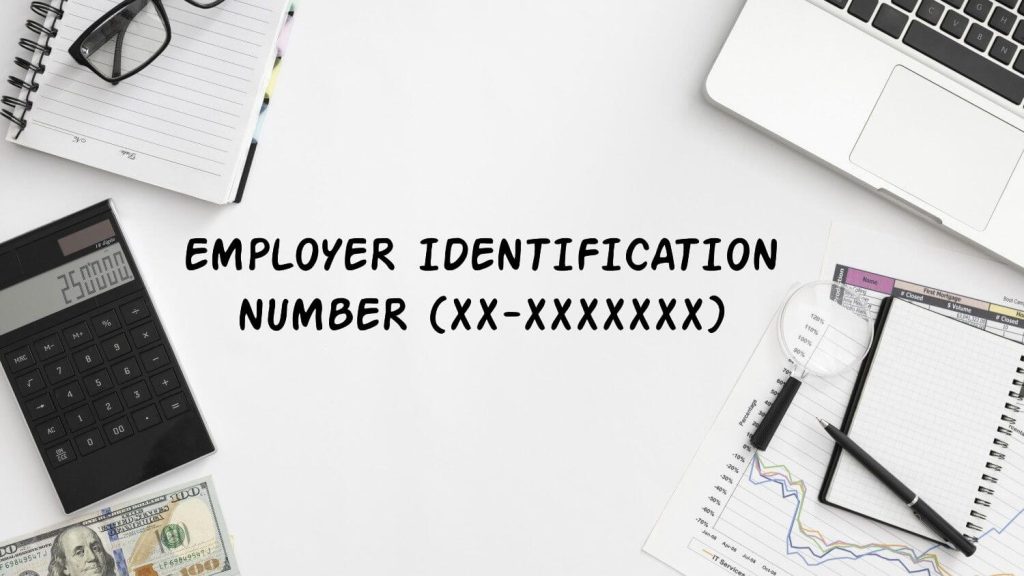
What Is an EIN?
The Employer Identification Number (EIN) is a taxpayer identification number issued by the IRS to identify business entities. It is also a 9-digit number, but it is formatted as XX-XXXXXXX. Businesses operating in the U.S. may need an EIN if they meet specific criteria, such as hiring employees, operating as a partnership or corporation, or filing for bankruptcy.
While some businesses, such as sole proprietors and single-member LLCs, do not require an EIN, it is mandatory for businesses that need to file tax returns or pay employees. An EIN is issued for the lifetime of a business and is non-transferable. If a business closes, the IRS can close the EIN account upon request.
Uses of EIN
An EIN functions similarly to an SSN for businesses, allowing state and federal governments to distinguish companies with the same name. All businesses require unique EINs to operate legally. Banks and financial institutions also require EINs when businesses apply for loans or open accounts.
Businesses must provide their EIN when applying for permits, licenses, and when filing tax returns. For sole proprietors and single-member LLCs without employees, the owner’s SSN or ITIN may suffice.
How to Get an EIN
Applying for an EIN is free and can be done in several ways:
- By Phone: Call 267-941-1099 between 6 am and 11 am ET, Monday through Friday. This method is particularly useful for international applicants. Complete Form SS-4 in advance, as the representative will ask questions from it. You may receive your EIN immediately and should submit the signed form via fax or mail within 24 hours.
- Online: The quickest method, available only to legal U.S. residents. Visit the IRS website to apply, and you’ll receive your EIN instantly.
- By Mail: Submit Form SS-4 by mail and receive your EIN in about 4-5 weeks.
- By Fax: Send Form SS-4 by fax, and you should receive your EIN within 4-5 business days.
Regardless of the method, you will need to provide detailed business information, including the legal name, SSN or ITIN of the owner, business activities, and the expected number of employees.

What Is an ITIN?
The Individual Taxpayer Identification Number (ITIN) is a 9-digit number issued by the IRS to individuals who are required to pay taxes but are ineligible for an SSN. This includes non-residents, foreign nationals, undocumented immigrants, and others who must file federal tax returns.
Uses of ITIN
The ITIN is used exclusively for tax purposes. Unlike the SSN, it does not grant permission to work in the U.S. or access to social security benefits. If you have applied for an SSN, you cannot obtain an ITIN.
How to Get an ITIN
To obtain an ITIN, complete Form W-7 and submit it with your federal income tax return, identity proof, and foreign status documents. Applications can be mailed to the IRS Service Center, submitted in person at a designated assistance center, or processed by an IRS-authorized acceptance agent. Processing typically takes about seven weeks.
Form W-7 can also be used to renew an expired ITIN. Renewal applications require the same documentation as new applications and can be submitted in the same ways.

SSN vs. ITIN vs. EIN – Key Differences
Understanding the distinctions between SSNs, ITINs, and EINs is crucial for both personal and business tax compliance.
- SSN vs. EIN: Both are 9-digit, lifelong taxpayer identification numbers, but the SSN is for personal use, while the EIN is for businesses. An EIN is essential for business owners who wish to hire employees or form a corporation, partnership, or multi-member LLC.
- ITIN vs. EIN: The EIN identifies a business entity, while the ITIN is assigned to individuals who do not qualify for an SSN. An EIN is required for business tax payments, whereas ITINs and SSNs are used for personal taxes.
- ITIN vs. SSN: The SSN is for U.S. citizens and authorized residents, while the ITIN is for foreign nationals and non-residents. The SSN provides access to social security benefits, while the ITIN is solely for tax purposes.
Which Taxpayer Identification Number Should You Use?
For most businesses registered with the IRS, an EIN is necessary, even if they do not hire employees. An EIN helps separate personal and business finances, which is critical for legal and financial purposes. However, for sole proprietorships and SMLLCs without employees, the owner’s SSN or ITIN may be sufficient.
What Happens If You Use the Wrong TIN on Your Return?
If you mistakenly use the wrong TIN on your tax return, the IRS will likely send a notice asking you to correct the error by a specified date. The notice will include instructions on how to rectify the mistake, and the IRS may impose a penalty for filing incorrect information.
Can You Use EIN Instead of SSN?
Yes, using an EIN instead of an SSN is legal and often recommended. For example, freelancers, sole proprietors, and single-member LLCs can use their SSNs, but obtaining an EIN offers privacy protection and helps create a more professional image.
Conclusion
SSNs, ITINs, and EINs are essential taxpayer identification numbers, each serving distinct purposes. Understanding the functions and applications of these federal IDs is crucial for ensuring compliance and supporting your business’s growth. Carefully consider which identification numbers you and your business need to operate effectively within the legal framework.
FAQs for TINs
What is a Taxpayer Identification Number (TIN)?
A TIN is a unique identifier used by the U.S. government for tax purposes. It includes Social Security Numbers (SSN), Employer Identification Numbers (EIN), and Individual Taxpayer Identification Numbers (ITIN).
Who needs an SSN?
An SSN is required for U.S. citizens and permanent residents for employment, social security benefits, and tax reporting. Non-U.S. citizens with lawful alien status also need an SSN.
How do I apply for an SSN?
You can apply for an SSN through the Social Security Administration (SSA) by submitting Form SS-5 along with proof of age, identity, and U.S. citizenship or immigration status.
What is an EIN, and who needs it?
An EIN is a taxpayer identification number for businesses, required by entities like corporations, partnerships, and multi-member LLCs. It’s used for tax filing, hiring employees, and opening business bank accounts.
How do I apply for an EIN?
You can apply for an EIN through the IRS by phone, online, mail, or fax. The process involves completing Form SS-4 and providing business-related information.
What is an ITIN, and who should apply for it?
An ITIN is for individuals who need to file taxes in the U.S. but are not eligible for an SSN, such as non-resident aliens and undocumented immigrants. It’s primarily used for tax reporting.
Can I have both an SSN and an ITIN?
No, individuals cannot hold both an SSN and an ITIN simultaneously. If you receive an SSN after obtaining an ITIN, you should notify the IRS to consolidate your records.
Can a sole proprietor use an SSN instead of an EIN?
Yes, sole proprietors and single-member LLCs without employees can use their SSN for tax purposes. However, obtaining an EIN is recommended to separate personal and business finances.
What happens if I use the wrong TIN on my tax return?
If you use the wrong TIN on your tax return, the IRS will notify you to correct the mistake by a specified date. Failure to do so can result in penalties.
How long does it take to receive an SSN, EIN, or ITIN?
* SSN: Typically 2-4 weeks after application.
* EIN: Immediately online or within 4-5 weeks by mail or fax.
* ITIN: About 7 weeks after application by mail.

